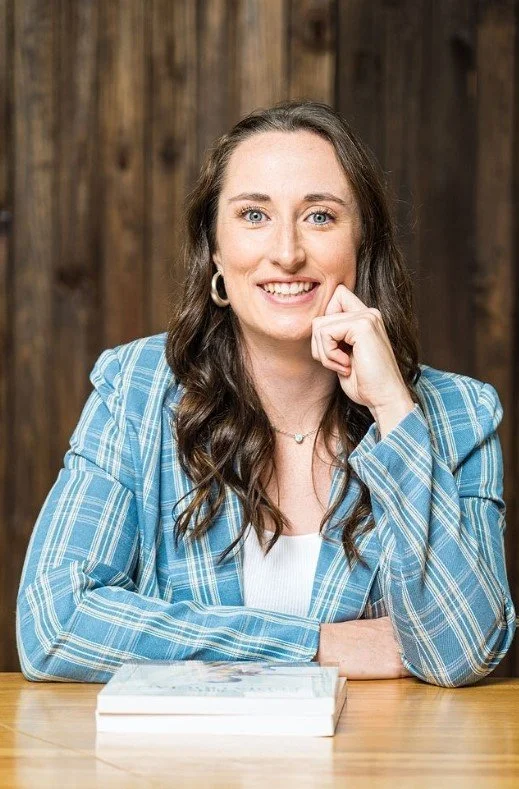Anna Flitner, PhD
Anna Flitner is a licensed clinical psychologist in Wyoming.
-
Anna graduated from Carleton College with her B.A. in psychology and a minor in educational studies in 2018. She continued her education at the University of South Carolina where she received her M.A. and PhD in school psychology. Anna completed an APA-accredited internship at Centerstone Consortium in Bradenton, Florida where she provided therapy to survivors of sexual assault and abuse. Anna then returned to Wyoming and began working within the Park County School District #1 as a school psychologist.
-
During Anna’s clinical training, she provided therapy and assessment services across diverse settings including schools, children’s advocacy centers, community mental health centers, transitional housing organizations, and the South Carolina Department of Juvenile Justice (SCDJJ). Although she primarily specialized in trauma and trauma related issues, she also worked with individuals with various life problems and diagnoses. Anna conducted evaluations with incarcerated youth to help inform dispositional decisions and provided recommendations to improve the mental health of adjudicated youth. Within a community mental health center, Anna implemented and coordinated a preschool autism evaluation clinic which provided autism evaluations to children from 15 months of age to 6 years of age. Both in her doctoral training and work within Park County #1 School district, Anna has provided psychoeducational evaluations to determine special education eligibility and inform Individual Education Programs (IEPs). Through this work Anna has advocated for individuals, both children and adults, while collaborating with other members of the treatment team (e.g., parents, teachers, judges, case workers, psychiatrists, etc.).
-
Anna believes that all psychological services are a process done with someone rather than done to or for them. She views therapy as a partnership and wants clients to feel heard and valued in a nonjudgmental space. While working with individuals, she considers how various systems, including an individual's immediate environment, school, social, and cultural factors, influence behavior. Overall, Anna’s approach is integrative, combining various evidence-based treatments tailored to the needs of each specific client. She is most passionate about working with individuals who wish to better understand, process, and heal from prior traumatic experiences. Her approach most strongly aligns with Acceptance and Commitment Therapy (ACT) which she often integrates with other evidence-based approaches. Overall, many of the individuals she works with avoid acknowledging or discussing their pain due to the shame and humiliation they feel surrounding their trauma, and/or the discomfort it causes others. Carrying this pain alone can make it difficult to live a fulfilling life and instead people may become numb, feel isolated, or experience various other emotions or circumstances that make it difficult to be engaged in day-to-day life. Anna’s hope is that clients feel safe in discussing their pain and are eventually able to understand that they are more than the sum of their painful experiences so that they can move toward a fulfilling life in alignment with their values.
See the quote below that epitomizes Anna’s practice philosophy and approach.
-
In Anna’s free time, Anna enjoys spending time with family and friends, being outdoors (hiking and working on her family’s ranch), playing and coaching volleyball, weightlifting, cooking, reading, and attending live music and musical theater events.
As a therapist, Anna aims to be the caring listener there to help guide you through the healing process. Her goal is to create a safe space for clients of all identities with varying life stories as they go through the re-storying process.
“Terry Tempist Williams said that “a mosaic is a conversation between what is broken.” This is the process of restorying. It is a conversation between yourself and each of the fragments that will make up the whole mosaic of a story that you create for yourself through this healing journey. Restorying requires a listener, a witness, someone to hold you and your story as you bring forward the fragments. If a mosaic is a conversation between what is broken, then the healing from trauma happens because the first conversations are between the broken fragments and a caring listener.”
— Gretchen L. Schmelzer, PhD




